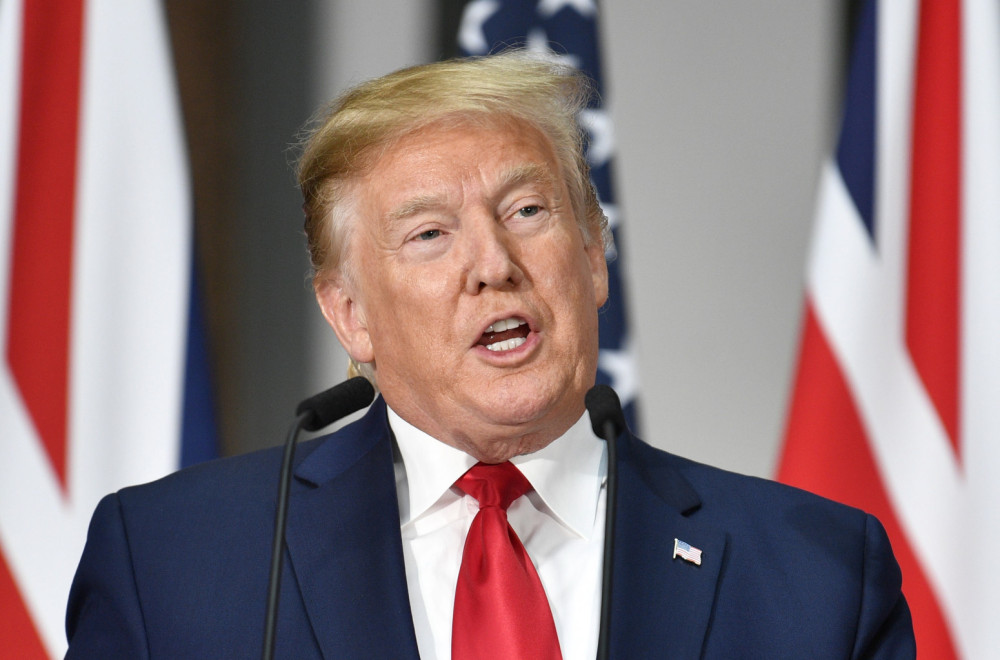Scarcely anyone today would argue that the future for China is a liberal one. Rather, its future is civilizational. China is not seeking to abolish or suppress its ancient civilization. It aims to revive its traditions and integrate its past with a society of the future. This is a total repudiation of the West’s failed “end of history” mentality. It is a conscious reassertion of history and a strategic embrace of cultural memory. Furthermore, it is a recognition that, outside of a truly eschatological realm, there is no end to history.
For atheists, history ends when the last human being dies, or ceases to be human. For theists, it ends when God wills it. But searching for any permanent “post-historical” settlement is a delusion: a dream of the Enlightenment that was taken up, in due course, by Marxists and highly ideological liberals.
China is taking a different path. “Revival of civilization” in the official Chinese (文明复兴), or “recivilisation” in Thomas Carlyle’s English, is a conscious task that will shape its politics and culture in the coming decades. Xi Jinping’s Party is formally committed to “the revitalization, not disruption, of Chinese civilization.” And when the state’s paramount leader says that “the distinctive features of the Chinese civilization” must be honored and handed on, he is not only referring to modern China. He has in mind the “rich foundations” of his country’s “more than 5,000-year-old civilization.”
The question now is for the West: will it, too, re-civilize? Will its political and intellectual classes honor again the rich foundations of their more than three-thousand-year-old civilization? The reality that we are slowly waking up to in the West is that, much like Marxism-Leninism, liberalism is a critical ideology, not a constructive one. The late liberal creed is reducible to a certain number of abstract rules which are now responsible for a cascading sequence of de-civilizational effects in the West.
The West is in chaos precisely because it listened to clichés put into circulation by the likes of Fukuyama in the early 1990s. Western intellectuals are starting to wake up to our need to re-civilize. They are doing so completely independently, and for very different reasons, than their counterparts in China, but they are waking up all the same. While the main roots of Chinese civilization lie in the traditions of Confucius and his acolytes, the source of our “eccentric culture” is a complex legacy of Greek philosophy, Roman law, and Christian religion.
Westerners who hope for re-civilization often have a nostalgic view of what it might look like. They often seem to assume that modern developments, both technological and governmental, will simply vanish as society re-civilizes and that we will then return to the insularity of old‑school village life. But this seems extremely unlikely. The process of re-civilization is undertaken by integrating aspects of one’s ancestral civilization with ultramodern innovations in both government and technology. While libertarian conservatives in the West decry state bureaucracies, the Chinese intelligentsia has realized that these bureaucracies are themselves the tools by which we can inculcate civilization. The law is a teacher—and the bureaucracies bring the law.
Take the example of social media. In liberal capitalist societies, the sole purpose of social media is to generate profit. It is, therefore, no surprise that social media C-suites have discovered what every knave in human history has always known: the best way to rob a man is to appeal to his vices. For this reason, social media has become a vortex-like force of de-civilization. The more efficiently predatory technologies turn people into addicts, the more lucrative they become. In a society focused on re-civilization, vice-inculcating apps would be highly regulated or simply replaced by socially valuable systems.










